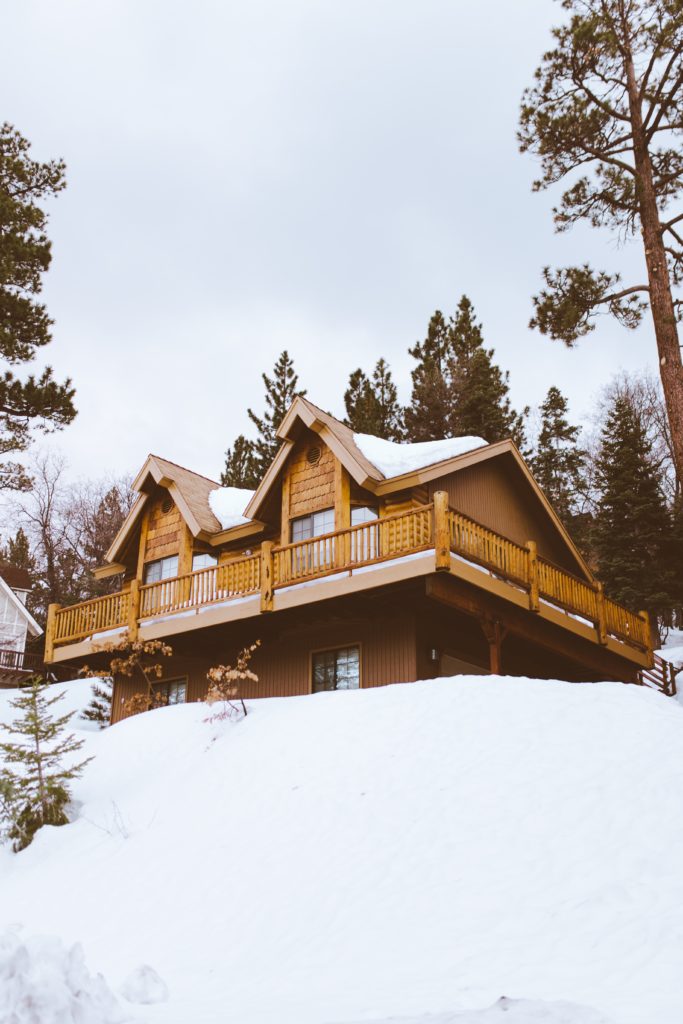
Buying a home is a big part of the American dream—arguably the biggest part. So for many Americans, buying a second or vacation home may seem like an unobtainable luxury. Is it though? According to the 2015 National Association of Realtor’s Investment and Vacation Home Buyers Survey, the sale of vacation homes made up 21 percent of total sales in 2015, which is up from 13 percent in 2014. The numbers show that people are buying vacation homes at a rising rate. However, does that mean that investing in a vacation property is right for all of your clients?
If you have some clients who are interested in a second home, make sure that they’ve done their homework and have answers for the following questions:
Do They Understand the New Requirements?
If your clients thought the process of buying a first home was rough, you may want to make sure they know that it is even harder the second time around. Many lenders will simplify the process so people can get involved in the real estate market when it’s their first home, or a home they will at least plan on living in full-time. However, since a second home is such a big financial undertaking (that banks perceive as risk), they will hold your client to a different set of requirements than the first time they bought a home.
How Often Do They Plan to Realistically Visit?
The average American professional gets between 12 and 14 days of paid vacation time a year. Does your client really want to spend all of their vacation time in one place? Or would they want to travel to different parts of the country or even abroad? Make sure that they understand just how much time they plan on actually being there and if that is going to be a major issue or not.
It’s also important to note that if they aren’t going to be there very often throughout the year, that they will likely have to pay to have someone manage the property.
Are They Planning to Rent It Out?
If the client isn’t planning on visiting the property much, rental income is a great way to support the continuous costs of maintaining a vacation property. If you do plan on renting the property out, there are a specific rules pertaining to the IRS that you must adhere by; for example, you can rent out your home tax-free for up to 14 days per year, but after the 14 days you will have to pay taxes on any revenue generated from the property.
Would They Want to Retire There?
Purchasing a second home is a great investment in your future, as it would make a great retirement property. If they know 100 percent that they want to retire in a particular place and also have the means to afford it, then buying a vacation property that will turn into your future home will not only come with a huge appreciation in value, but a place where your mortgage is already paid off.
Using a CRM for real estate will not help you stay in close contact with your clients, so that if and when they decide that they want to invest in a second home or vacation property, they know who to call.